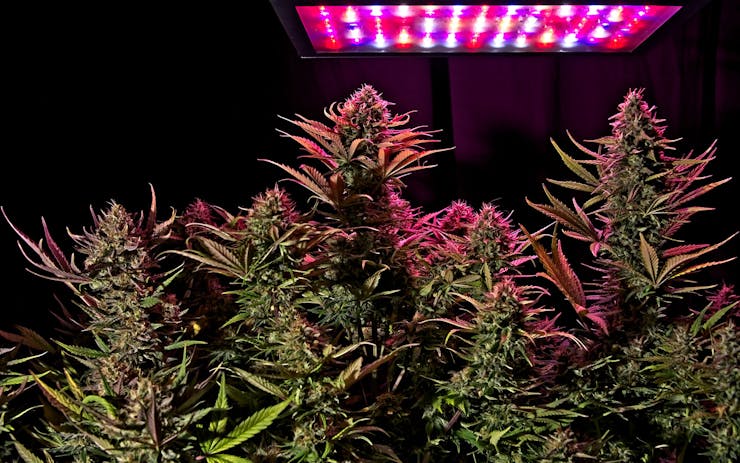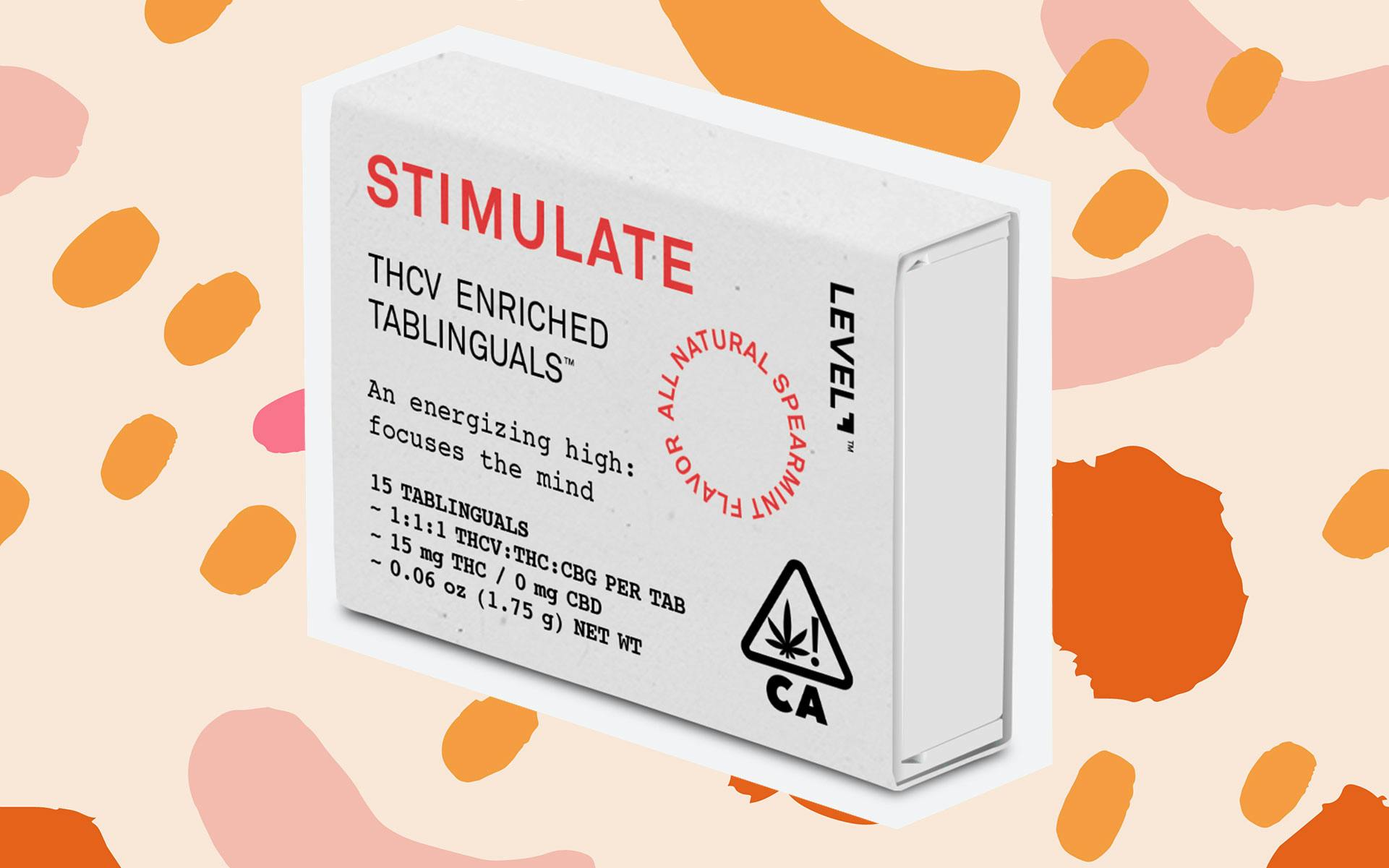Cannabis farmers markets were common during Washington state’s medical-only days, before adult-use legalization and other changes pushed patients and customers into state-licensed stores.
Is it possible the farm-to-consumer markets could return?
Speaking at a conference last week, the state’s top cannabis regulator said Washington will consider allowing small producers to sell directly to consumers. It’s an effort to give a leg up to smaller growers who are struggling amid oversupply and stiff competition from bigger businesses.
The plan, mentioned by Washington State Liquor and Cannabis Board (LCB) Director Rick Garza last week at the Cannabis Collaborative Conference in Portland, OR, and first reported by Marijuana Business Daily, would set up a system similar to that governing the state’s alcohol producers.
Garza suggested that some of the financial hardships facing small farmers stem from the lack of vertical integration in the state industry. Unlike some other states, Washington forbids a single entity from both growing and selling cannabis, requiring that the activities be split between different businesses.
That requirement was originally included in an effort to limit the effect of big business, but it also means growers see a smaller share of the ultimate sale price. Storefronts act as middlemen, keeping a cut of the revenue. Sidestepping retail stores could allow growers to realize more value for their cannabis while avoiding price increases for consumers.
“There’s a lot of difficulty in the industry,” Garza reportedly said, “but I’ve never heard a consumer complain about the system we set up in Washington.”
Any rule change would require approval from the full three-member LCB.
It wasn’t immediately clear what direct-to-consumer cannabis sales might look like. Washington wineries and breweries, for example, are allowed to sell alcohol on-site at their place of business as well as ship alcohol to in-state consumers through the mail. Alcohol producers are also allowed to sell products and provide limited samples at farmers markets.






